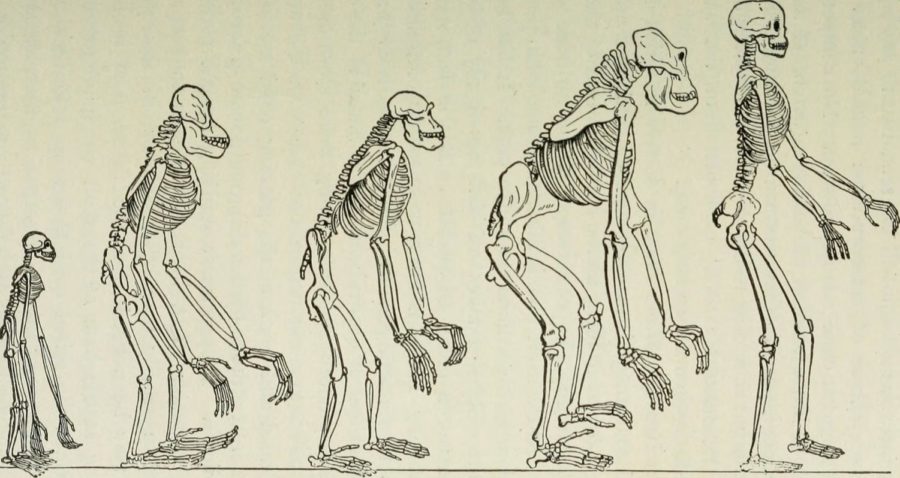Guest Column: Why anthropology is such an underrated degree
April 13, 2020
Anthropology is the broad study of everything that makes us human. Linguistics, biology, culture and archaeology all fall under the umbrella of anthropological studies. It’s the most humane of the sciences and the most scientific of the humanities. I studied anthropology at university and I can tell you it’s an extremely underrated degree.
For one, it qualifies you for so many different careers that you’ll never be backed into a corner to pick only one. Besides becoming an actual anthropologist, careers range from forensic science to the arts. There’s always a place for someone who has a bachelor’s degree in this field. Just a couple of examples of potential careers are in business, fashion, police investigation work, jobs in the medical field, etc. Honestly you can do almost anything with a degree in anthropology.
Businesses have to know the target audience of their products. You wouldn’t try and sell pork and alcohol to people in a primarily Muslim country. It’s the same idea for fashion, understanding cultural dress is of the highest importance to consider when writing blogs, commentary or reviews of fashion. Cultures wear dress to symbolize many things. Mostly, adherence and submission to their God/religion and their identity within a community. This is the same within American subcultures, people wear clothes to symbolize their adherence and identity within a group. Police use forensic anthropologists for skeletal analyses to solve murder cases (“Bones” the TV show depicts a forensic anthropologist Dr. Temperance Brennan). Medical anthropologists study the relationship between health, illness and culture. Beliefs and practices about health vary across different cultures and are influenced by social, religious, political, historical and economic factors. (This is especially prominent right now during the coronavirus pandemic.)
Not only does a bachelor’s in anthropology allow you to have a broad skillset on which to gain your career, it is also incredibly fascinating to study. To study what makes a human, human, is the most rewarding knowledge you could gain. It teaches you how the world works. It gives you an understanding and compassion for other people. Instead of fear of the unknown, it’s curiosity. Do you ever wonder what would happen if people were focused on understanding each other before starting a conflict? Anthropology does just that. It explains foreign conflict, political action, wars, etc., as well as things that are far more complex like metaphysical phenomena and what the human body is capable of. Philosophical anthropology is a discipline dealing with questions of metaphysics and phenomenology of the human person and interpersonal relationships. It raises and scientifically answers the age-old questions ancient civilizations have pondered for millenniums. Where did we come from? Where are we going? Why do we look different? Why do we act so differently from place to place? All complexities that anthropologists examine daily. Some fields of anthropology are literally the stuff out of sci-fi novels. Theoretical xenoanthropology is the study of alien cultures. If/whenever we make contact with aliens the first people that governments are going to recruit are xenoanthropologists. (This is depicted in the movie “The Arrival,” 2016.)
If I haven’t convinced you by now that anthropology is worth studying then I doubt I ever will. But I can say with confidence that with the way our planet is headed, we’re gonna need more knowledgable anthroplogists or our future looks bleak. Why? Because capitalism lacks the attention span required for survival. But anthropology does. I know first hand from myself and other anthropology degree holders that it really does give you compassion for other people far beyond what any other field of study could. While we head into this pandemic unsure of what the future holds we can look to our anthropologists of the world to help us figure out where we go next. And of course from the lessons that we’ve learned from history, however… “Men do not learn very much from the lessons of history…and that is the most important lesson that history has to each.” – Aldous Huxley

















